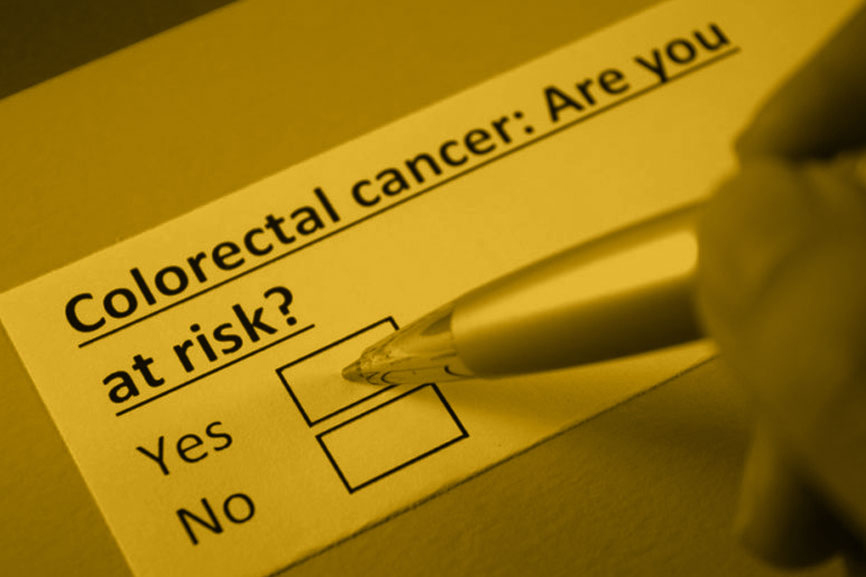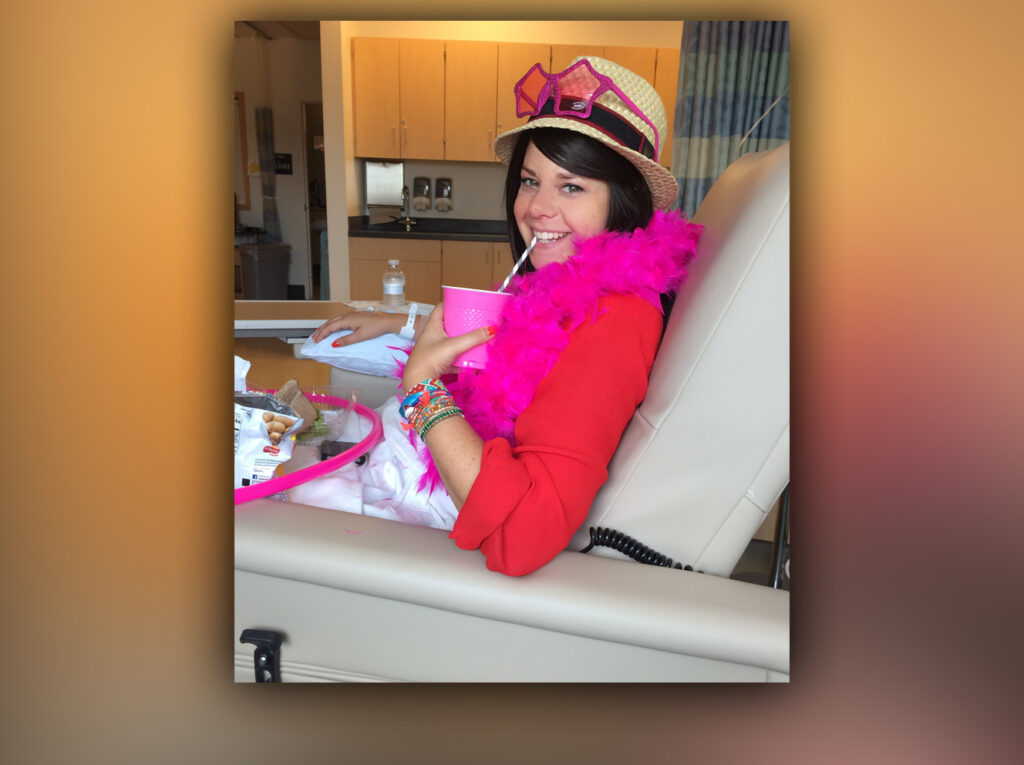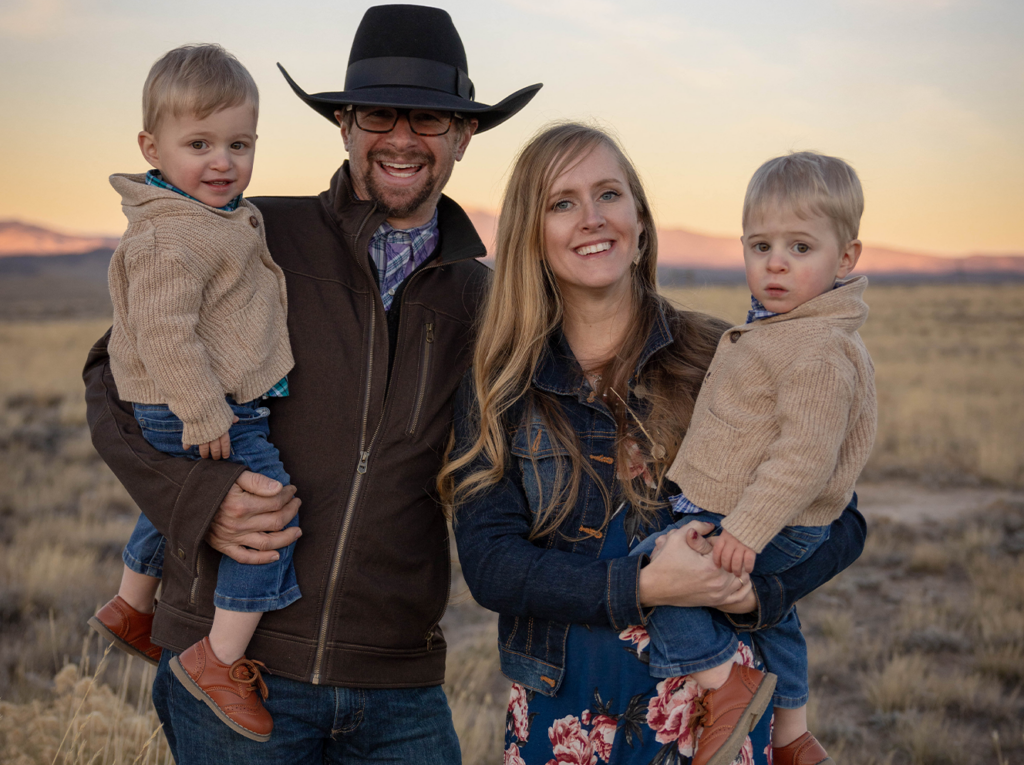Should people begin colorectal cancer screening at age 45, as the American Cancer Society recently recommended?
“I believe we are at a tipping point where screening for colon cancer at a younger age will soon become more routine.”
Daniel Chung, MD, clinical chief of the Gastrointestinal Unit at Massachusetts General Hospital, says that the cancer society recently lowered its recommended age from 50 in response to concerns about rising rates of colorectal cancer among young adults.
Colorectal cancer remains the second-leading cause of cancer-related death in the United States, and one of the best ways to prevent it is to undergo regular screenings.
Age and Risk Factors
Other organizations still recommend starting at age 50 if there are no other risk factors such as a family history of colon cancer or symptoms like rectal bleeding.
Dr. Chung explains that the cancer society’s recommendation was a “qualified recommendation,” meaning that society members believe there is likely to be a benefit to early screening, but the data to fully support this recommendation are not yet available.
Mass General is carefully reviewing the society’s new recommendation, and more needs to be understood about the benefits, risks, costs and level of insurance coverage.

“I believe we are at a tipping point where screening for colon cancer at a younger age will soon become more routine,” Dr. Chung says.
Colorectal Cancer Prevention
Colorectal cancer screening can identify whether a patient has polyps, which are pre-cancerous growths. One unique aspect of colonoscopy is that it can also be used to remove polyps before they become cancerous.
“It’s not just about detecting cancer,” Dr. Chung explains.
Over the past couple of decades, there has been an overall decrease in the incidence of colon cancer, so screening seems to be effective in preventing the disease through the removal of polyps, Dr. Chung says.
Percentages and Options
About 65 to 70 percent of people in the United States in the recommended age group of 50 and older get colorectal cancer screenings. The number is below the goal of over 80 percent, Dr. Chung adds.
“A colonoscopy may not be the simplest procedure to go through,” Dr. Chung says. “But, overall, it’s a small price to pay.”
Patients have several screening options. The top tier options are colonoscopy and the fecal immunochemical test. A colonoscopy requires patients to undergo anesthesia so a doctor can guide a scope into the colon. For a fecal immunochemical test, patients must collect their stool for analysis.
Less invasive screenings include flexible sigmoidoscopy and virtual colonoscopy. During a flexible sigmoidoscopy, a doctor guides a thin tube through only the lower portion of a patient’s colon and rectum. A virtual colonoscopy is a CT scan. Both procedures can be useful and might be easier for some patients, Dr. Chung says. But he adds they are not as good as the colonoscopy or the fecal immunochemical test.
Why People Fear Screening
What prevents people from getting screened?
“I think there is a bit of an ick factor,” Dr. Chung says. “People just don’t want to think about their colon or what it does or what they have to do in preparation for a colonoscopy.”
The night before a colonoscopy, patients are required to drink a colon-cleansing beverage, which can result in extra time in the bathroom. The procedure requires anesthesia but not an overnight stay, so patients also must arrange for a ride.
“A colonoscopy may not be the simplest procedure to go through,” Dr. Chung says. “But, overall, it’s a small price to pay.” If no polyps are found the procedure is done every 10 years until age 75. If a polyp is found, the test is done more often.
Mass General researchers are investigating new ways to screen for colon cancer and identify genetic risk factors.
What About Younger People?
Nationally, overall rates of colon cancer have been steadily decreasing. However, rates have increased by 50 percent over the past 20 years for patients younger than 50. The absolute numbers are small when compared to the total number of patients diagnosed with colon cancer, but the increase in this age group has been striking.
“We don’t know why it’s happening. Some of it may be attributable to unrecognized genetic factors, but there probably are also lifestyle factors, such as obesity and diet,” says Dr. Chung.
Mass General researchers are investigating new ways to screen for colon cancer and identify genetic risk factors. The main symptom is rectal bleeding: Always see a doctor if you have this symptom, as it can be a sign of a tumor.
Tips to Prevent Colon Cancer:
- Don’t smoke.
- Maintain a healthy body weight.
- Eat less red meat.
- Eat more fruits and vegetables.
- Ask your doctor whether you might benefit from taking aspirin regularly.
To make a donation to support Dr. Chung and his work to help patients with colon cancer, please contact us.







